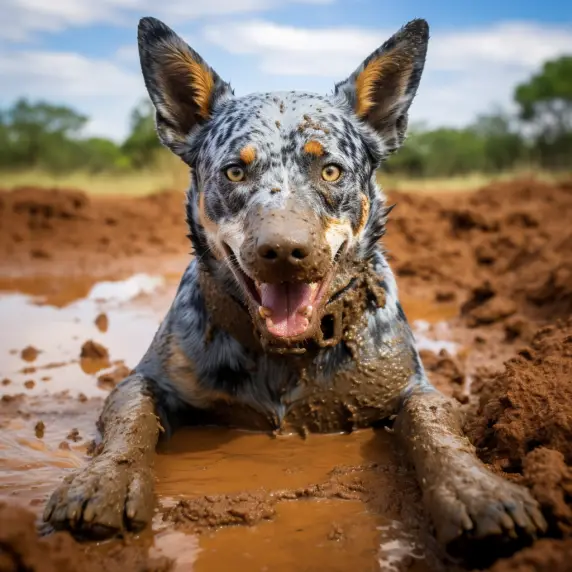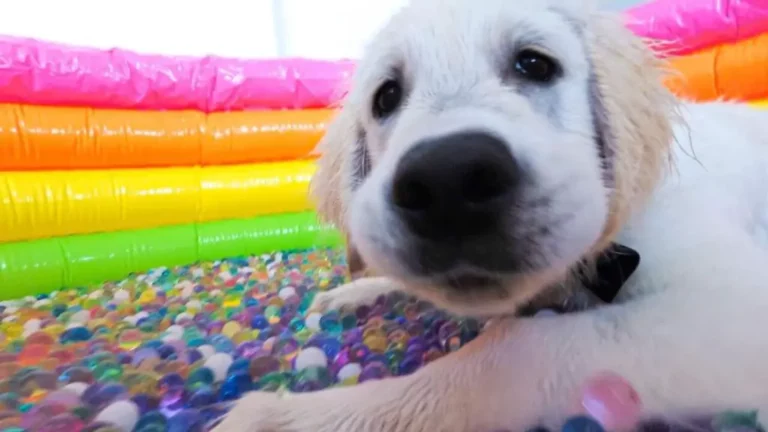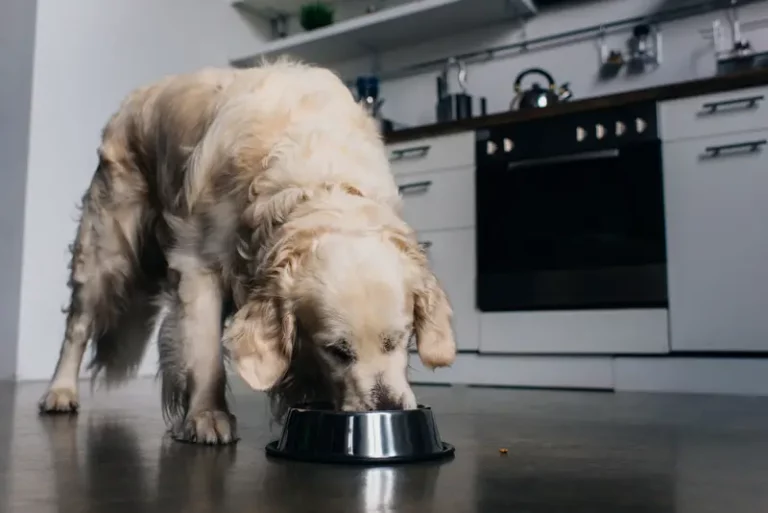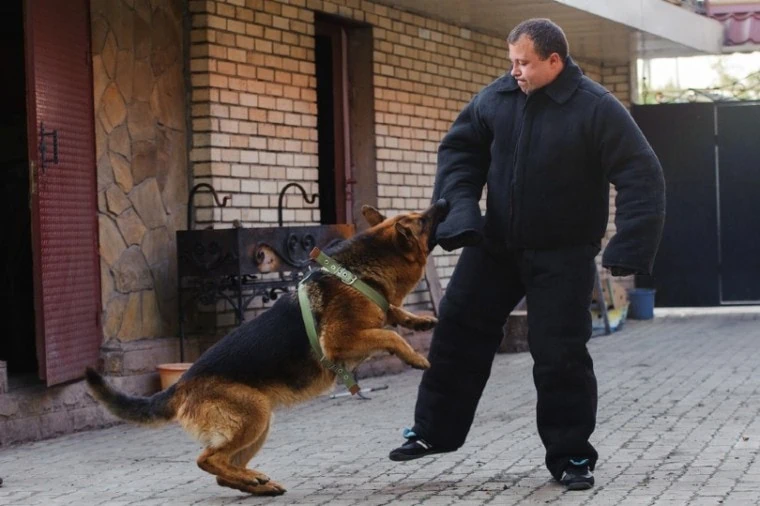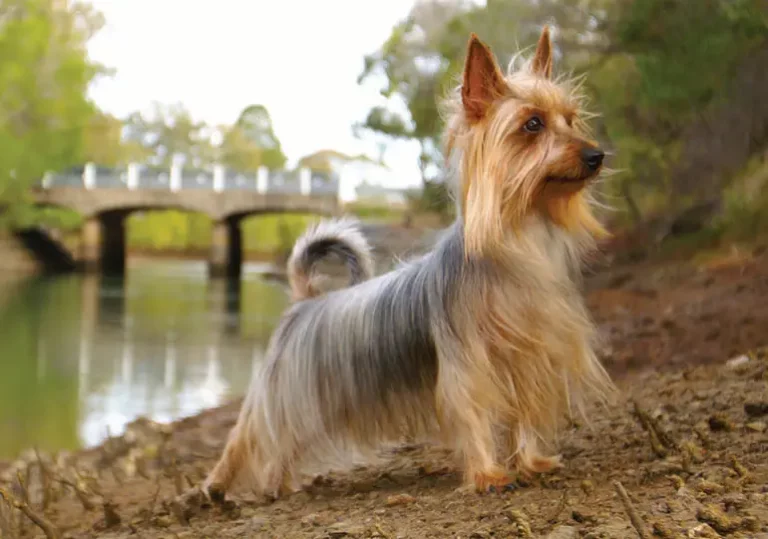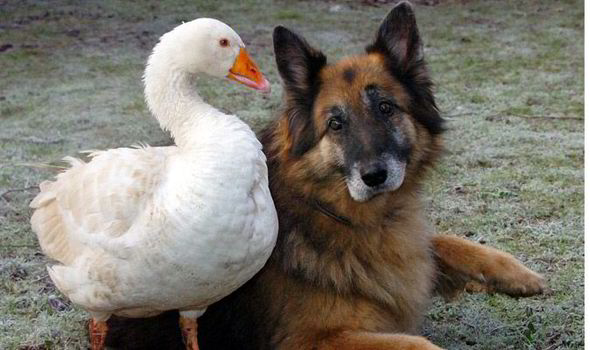Can a Dog Eat Pork Rib Bones? [3 Risks You Need to Know]
Can a dog eat pork rib bones? The short answer is no.
While it may be tempting to share a tasty bone with your canine companion, it is important to understand the potential risks that come with feeding pork rib bones to dogs.
In this post, I will cover:
- Can you give dogs cooked pork rib bones? Including risks associated with feeding dogs cooked pork rib bones.
- What kind of rib bones are safe for dogs?
- Do pork bones digest in dogs?
- Can rib bones kill a dog?
- Can dogs have beef rib bones?
- My dog ate pork rib bones. What do I do?
Can you give dogs cooked pork rib bones?
In theory you could give your dog pork rib bones. But you shouldn’t.
In particular, you shouldn’t let your dog eat cooked pork rib bones, as they are more likely to break and splinter than raw bones.
This can lead to sharp bone shards entering your dog’s digestive tract, which could cause injury or even perforate your pet’s intestines.
When considering if your dog can eat pork rib bones, it is important to note that these bones can become potential choking hazards and can cause damage to your dog’s inner stomach and oesophagus.
Also, dogs can also experience digestive complications if they consume too many pork rib bones or large chunks of them.
It is best to avoid feeding your dog cooked and uncooked pork rib bones altogether.
If your dog enjoys chewing, it is much safer to provide them with a strong chew toy instead of pork ribs.
Risks of feeding your cooked dog pork rib bones
As mentioned above, pork rib bones can splinter and fragment, which can become lodged in the dog’s digestive tract.
If this happens, surgery may be required to remove the bone pieces.
Additionally, giving your dog pork rib bones may lead to digestive issues like vomiting, diarrhea and indigestion.
Pork rib bones are also high in fats which can lead to pancreatitis if ingested in large amounts.
Mouth Injuries
Dogs should avoid consuming cooked bones, as there is a potential for dangerous splinters to break away and injure the soft tissues of their gums, tongue and throat.
Eating these types of bones can also lead to infection if left untreated.
Tissue Perforation
The sharp edges of the bones can splinter and lodge in their throat, stomach or intestines and cause serious injury.
If you notice very dark, even black poop after your dog eats ribs, this may be a sign of internal bleeding and is an emergency situation that requires immediate medical attention.
Inflammation and Peritonitis
The sharp edges of the bone may cause damage to the lining of the gut, resulting in a serious condition called peritonitis.
If you think your dog has eaten rib bones, look out for signs of infection or inflammation. Also seek veterinarian help immediately, as untreated peritonitis can be fatal.
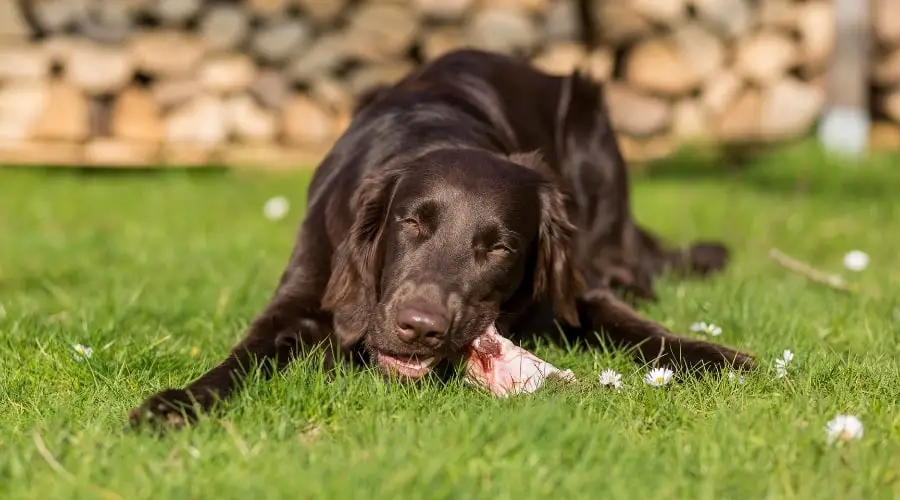
What kind of rib bones are safe for dogs?
It is preferable to give dogs uncooked beef and lamb bones because they are less likely to splinter than turkey, chicken, or pork rib bones.
It is always best to consult with your vet before introducing any new foods or bones into your pet’s diet. This can help ensure they are both safe and healthy for them to consume.
Do pork bones digest in dogs?
Although the small fragments of bone may be able to dissolve or pass through their digestive system, larger fragments can cause serious health risks for smaller dog breeds.
The process of digesting pork bones can take anywhere from 24 to 72 hours, depending on the amount ingested, how the bones were prepared, size, and breed of the dog that’s eaten pork rib bones.
Due to its shape and size, there is a risk that large pieces of the bone can become lodged in their intestines and cause obstruction or perforation.
If your dog appears constipated after consuming pork bones, contact your vet immediately for assistance.
No products found.
Can rib bones kill a dog?
It has been reported that dogs that eat cooked rib bones can experience internal bleeding, choking, vomiting, diarrhea, digestive tract blockage, and yes, even death.
Can dogs have beef rib bones?
Yes. Uncooked beef and lamb bones are preferable for dogs as they are less prone to splinting.
My dog ate pork rib bones. What do I do?
If your dog has eaten any rib bones, you should keep a close watch on it in the coming days and seek veterinary help immediately if any negative changes occur.
It is always best to check your pet’s mouth after they have eaten a rib bone just to make sure there are no fragments stuck in their throat or gums.
You should also watch for bone shards that may pass through their system within 72 hours.
If you notice any issues, seek medical attention immediately.
You should also monitor your pup for any signs of discomfort or distress such as vomiting, diarrhea, or excessive drooling.
Other signs that your dog may have ingested a pork rib bone include whining or displaying pain, specifically around the stomach, abnormal bowel movements, and lack of appetite.
In the event that you observe any of these symptoms, you should contact your veterinarian immediately.
Conclusion
While it might seem like a harmless treat for your canine companion, feeding them pork rib bones can pose significant health risks.
Safer alternatives include uncooked beef or lamb bones.
I hope this article has helped you understand and appreciate the risks of feeding you beloved dog pork rib bones.
Check my article on the best vegetables for dogs for some healthy alternatives to pork rib bones you can feed your pup.


